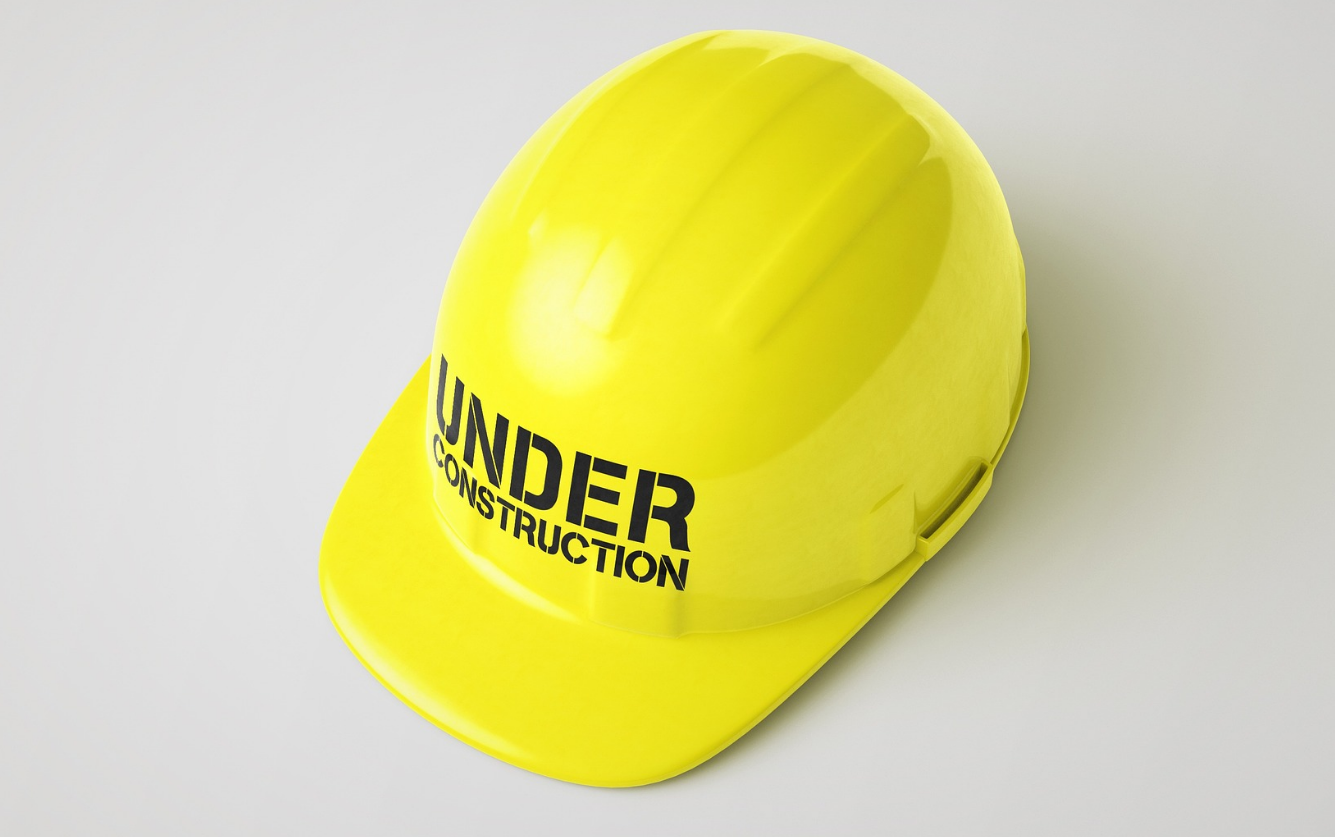Can a California Mechanic’s Lien Be Invalidated for Being Filed Too Soon?
In a recent California Court of Appeals opinion, the answer is yes! In California, the mechanic’s lien deadline, for prime contractors, is calculated based on the completion of the contract.
According to The National Lien Digest©, prime contractors should file the lien after completion of the contract, but within: 60 days from the recording of a notice of completion or cessation, or within 90 days from completion, if no notice of completion or cessation is recorded.
Over the course of the last 10+ years, the case Kaweah Construction Company v. Fox Hills Landowners Association, LLC, has taken several trips in and out of the trial and appeals courts. Unfortunately for lien claimant Kaweah Construction Company (Kaweah), the trial and appeals courts agree: the mechanic’s lien was invalid, because the lien was filed prematurely.
Case Background
Kaweah contracted with project owner, Fox Hills Landowners Association, LLC (Fox), for the construction of a water treatment plant. Construction began in April 2005. Fox neglected to pay Kaweah in a timely fashion, and in May 2006 Kaweah filed a mechanic’s lien, which it later amended in August 2006 in the amount of $6.3M. Despite the filing of its mechanic’s lien, Kaweah continued to furnish to the project until October 2006.
(As a side note, I would like to point out that the most recent appeals decision was February 22, 2017. The initial lien filing was in May 2006. This case has been running through the legal system for over 10 years, which in and of itself should remind claimants that it is imperative to follow statutory requirements!)
Court Reads Statute & Defines “Complete”
In the court opinion, the court provides context through statute citation. (Please note: the cited statute was effective in 2012, prior to the amendments to California’s mechanic’s lien laws.)
“Contractors, subcontractors and others “performing labor upon or bestowing skill or other necessary services on, or furnishing materials … to be used on or consumed in … a work of improvement shall have a lien upon the property upon which they have bestowed labor or furnished materials.” (§ 3110.) “Each original contractor, in order to enforce a lien, must record his claim of lien after he completes his contract and before the expiration of (a) 90 days after the completion of the work of improvement as defined in Section 3106 if no notice of completion or notice of cessation has been recorded, or (b) 60 days after recordation of a notice of completion or notice of cessation.” (§ 3115, italics added.) “`Original contractor’ means any contractor who has a direct contractual relationship with the owner.” (§ 3095.) There is no dispute plaintiff was an original contractor on the water treatment plant construction project, so section 3115 governed recordation of its mechanic’s lien.”
The court emphasized the lien must be filed “after he completes his contract” and then addressed how contract completion can be determined when there are disputes that could feasibly keep a contract open indefinitely.
“[T]he contractor must, in some fashion, elect to terminate the contract and discharge its further obligations under the contract in order to “complete” the contract for purposes of section 3115… we conclude that, as part of completing the contract by electing to terminate it and be discharged from further contractual obligations, the contractor must end its performance under the contract.”
Kaweah argued that section 3115 of statute does not specifically state the contractor must formally terminate its contract before filing a mechanic’s lien. Further arguing that because the owner had breached contract, it meant Kaweah was entitled to lien. But the court didn’t buy that argument:
“The language of section 3115 does not authorize the contractor to burden the owner’s property with a mechanic’s lien when the owner has breached the contract or when, due to breach, the contractor has an option to continue performing or treat the contract as breached and terminate its performance. Rather, the statute permits the contractor to record its lien only “after [the contractor] completes his contract” or, as Wright put it, when “the contractor’s obligations are fulfilled.”
The Answer is Still No
In the end, Kaweah’s lien was invalidated, because it failed to follow the statutory guidelines. If you have any doubt about statutory requirements, seek a legal opinion!
